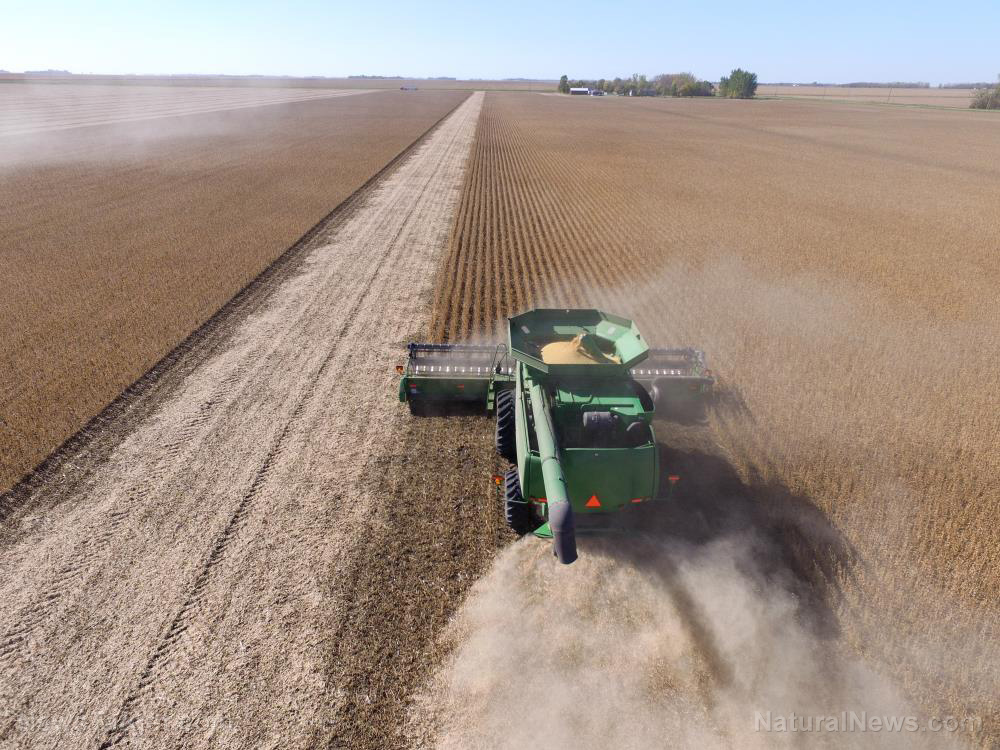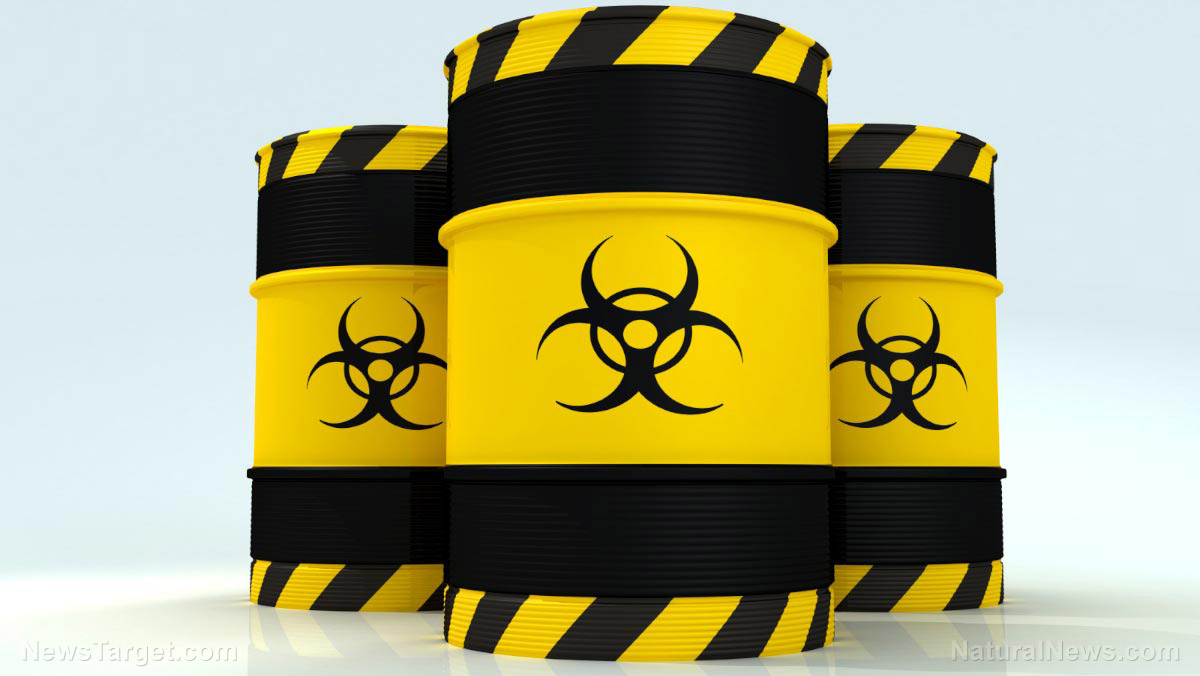Eating a lot of processed meat can increase your risk of cancer
01/08/2019 / By Zoey Sky

Bacon is a greasy guilty pleasure for most people. However, according to a study, it could also increase your risk of developing breast cancer. The results of a 2018 meta-analysis have revealed that bacon and other types of meat are associated with an increased risk of breast cancer.
Data from the meta-analysis was published in September 2018 in the International Journal of Cancer Research.
For the meta-analysis, researchers examined 15 previous studies, which involved a total of over 1.2 million women, to determine a connection between breast cancer and processed meat.
Data from the study revealed that people who ate the most processed meat, or at least 0.9 ounces to one ounce (25 to 30 grams) daily, had about a nine percent higher risk of breast cancer unlike those who ate the least processed meat (about 0 to 0.07 ounces or 0.17 ounces (two to five grams) a day. (Related: Confirmed AGAIN: Sodium nitrite preservative in processed meat causes breast cancer.)
Processed meats and cancer risk
Take note that not all studies regarding processed meats and cancer have arrived at the same conclusion. For example, a 2015 World Health Organization-affiliated study showed that while processed meats aren’t linked to breast cancer, the results implied that these kinds of food may increase colorectal cancer risk.
Dr. Marji McCullough, a senior scientific director of epidemiology research at the American Cancer Society, warned that breast cancer is a common disease among women. She added that processed meats such as hot dogs are popular food choices and that together, these factors highlight the importance of considering processed meats as a potential cancer risk. In fact, an earlier meta-analysis on the topic also reached similar conclusions.
Other processed meats that may increase your cancer risk include:
- Beef jerky and dried meat
- Canned meat
- Corned beef
- Ham
- Salted and cured meat
- Sausages
- Smoked meat
There are limitations, however. Research that points to a link between specific kinds of foods and the risk of certain health conditions have been inconclusive. For links between cancer and processed meats, current data suggests that the researchers could only assess the impact of high- and low-processed meat consumption since there was insufficient information about the risks of consuming 0.35 ounces to 0.5 ounces (10 or 15 grams) of meat products.
According to Andrew Milkowski, a meat science researcher and an adjunct professor of animal sciences at the University of Wisconsin-Madison who wasn’t involved with the new meta-analysis, some of the studies involved in the analysis had participants recall “what their diet had been like at certain points in the past.” Milkowski, who worked for Oscar Mayer before joining the University of Wisconsin back in 2006, advised that this research technique heavily relies on memories with a lot of room for under- and overestimation.
To address this concern, Maryam Farvid, the lead author on the latest project, and the research team only reviewed studies that surveyed women before they received any diagnosis. Farvid, who is also a researcher at the Harvard T. H. Chan School of Public Health, explained that the method she and her team used ensures that the women were less likely to confuse their pre- and post-cancer diets.
Milkowski posited that to gather accurate data, researchers needed to administer controlled diets to participants before they were diagnosed with anything. Researchers must then monitor the participants closely to identify any changes in their health. However, he admitted that these conditions are “extremely difficult to pull off.”
Milkowski added that the nine percent increase in risk noted in the report may be due to a statistical error and that it is not enough to be a cause for concern. Others pointed out the same thing when the results of the 2015 WHO-associated report were released since it stated that processed meats are “likely carcinogens” and that these types of food increased colon cancer risk by 18 percent.
Meanwhile, Farvid said that other dietary factors are also linked to breast cancer risk, like the amount of fiber or fruits and vegetables in an individual’s diet. She said that while these factors can also decrease or increase the risk of the disease by similar margins, not much is heard about these findings.
Avoidable cancer risk factors
Farvid advised that while study findings on the matter sometimes contradict each other, the fact that eating less processed meat can lower cancer risk is still significant, especially since other factors like genetics are unchangeable. It can be hard to change your dietary habits, but it doesn’t mean that doing so is impossible.
Both Farvid and McCullough warn that people should start paying attention to their consumption of processed meat. McCullough added that it is also part of the American Cancer Society’s current dietary recommendations for minimizing cancer risk.
Browse other articles about the dangers of processed meats and how they can cause cancer at Cancer.news.
Sources include:
Tagged Under: bacon, baddiet, breast cancer, cancer, cancer risk, cancer risk factors, cancer risk reduction, men's health, processed meat, toxic ingredients, women's health



















